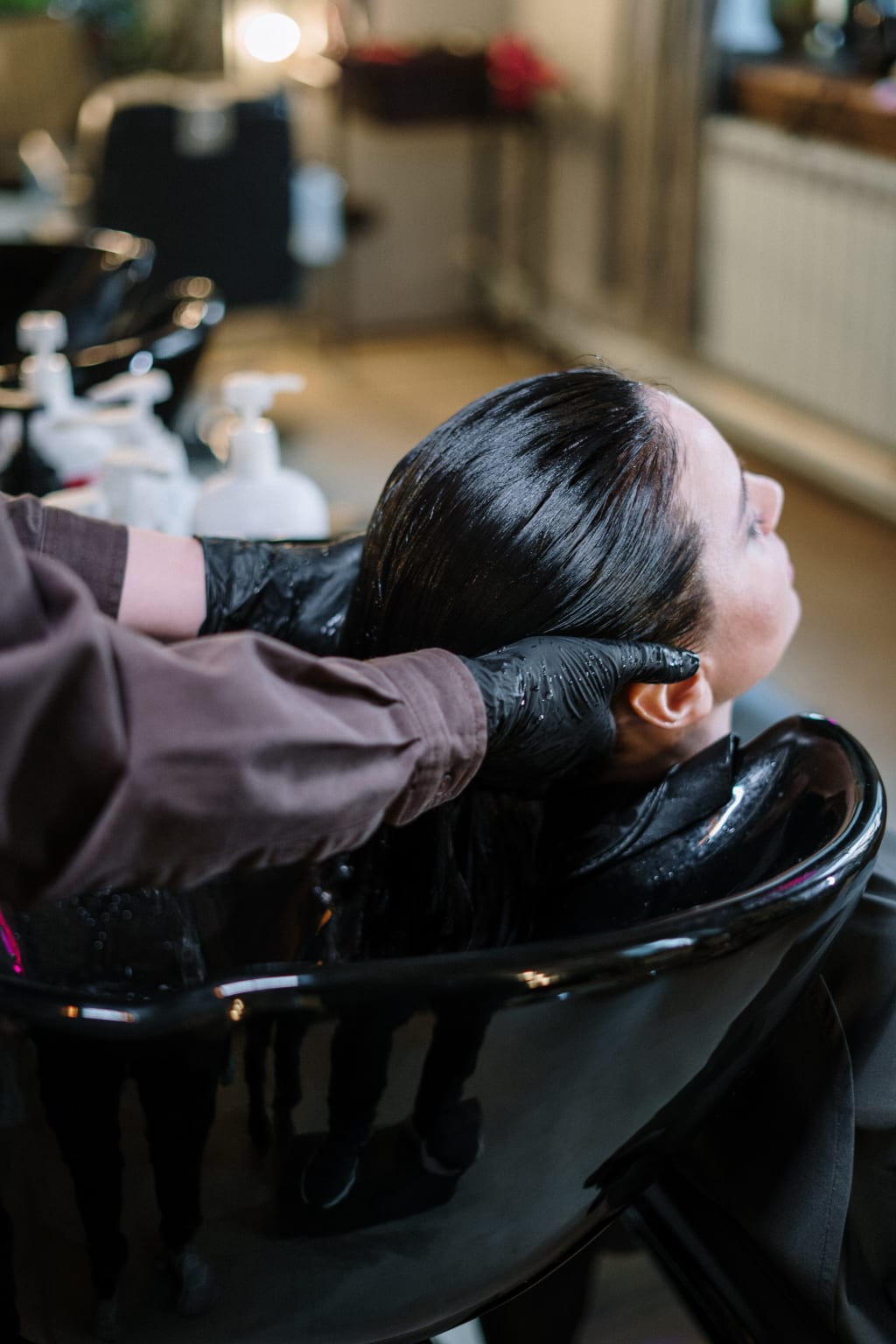Dispelling Common Hair Myths: Insights from Trichology and Dermatology Experts
An In-depth Exploration of Hair Care Facts and Fiction with Trichologist Annabelle Kingsley and Dermatologist Dr. Howard

In the realm of hair care, myths and misconceptions often circulate, leaving individuals uncertain about the best practices for maintaining healthy locks. Trichologist Annabelle Kingsley, a consultant psychologist and brand president at Philip Kingsley, and Dr. Howard, a board-certified dermatologist based in New York, delve into the science of hair and scalp to debunk prevalent myths. From the impact of regular haircuts to the causes of dandruff, the experts provide valuable insights into proper hair care.
Hair Grows Faster When You Constantly Cut It: Myth or Reality?
One commonly heard myth is that frequent haircuts accelerate hair growth. However, both Kingsley and Dr. Howard emphasize that hair growth is a complex process influenced by factors such as the hair growth cycle. Understanding the phases of the hair growth cycle—namely anagen, catagen, telogen, and exogen—is crucial. While regular trims contribute to hair health and appearance, they do not expedite the natural growth rate of hair.
Dandruff Origins: Debunking the Dry Scalp Myth
Contrary to popular belief, dandruff is not necessarily a result of dry scalp. Kingsley and Dr. Howard clarify that dandruff, or seborrheic dermatitis, often stems from an overgrowth of yeast on the scalp, known as malassezia yeast. This yeast thrives on oil, leading to the misconception that dandruff is associated with dryness. Proper treatment involves targeted shampoos, scalp toners, and masks, along with attention to dietary factors.
Shampooing Frequency and Hair Loss: Addressing the Myth
Dispelling the myth that frequent shampooing causes excess hair loss, the experts explain that shampooing dislodges loose hairs that are ready to shed naturally. While it is normal to lose up to 100 hairs daily, maintaining a healthy scalp through regular cleansing is crucial. Kingsley encourages clients experiencing excessive hair shedding to prioritize scalp health, emphasizing that a healthy scalp supports new hair growth.
The Impact of Stress on Premature Graying: Separating Fact from Fiction
Genetics play a significant role in determining when an individual's hair turns gray, but stress can expedite this process. Kingsley and Dr. Howard elucidate the role of melanin, the pigment responsible for hair color, and how stress can affect its production. While going gray is largely influenced by genetics, managing stress can contribute to maintaining hair color.
Expert Advice on Protective Styling: Finding Balance
Wigs, weaves, and braids are often hailed as protective styles, but Kingsley and Dr. Howard caution that their benefits depend on responsible practices. They emphasize the importance of not neglecting the scalp, avoiding excessive weight on the hair, and opting for styles that promote healthy hair growth. Whether choosing natural styles or protective options, maintaining a balance is key.
Conclusion: Navigating the Myths for Healthier Hair
In the world of hair care, separating fact from fiction is essential for fostering healthy hair and scalp. With insights from trichologist Annabelle Kingsley and dermatologist Dr. Howard, individuals can make informed decisions about their hair care routines. Whether it's understanding the true causes of dandruff or debunking myths about hair growth, this expert advice provides a foundation for optimal hair health. For personalized guidance on hair and scalp concerns, consulting with a trichologist, dermatologist, or experienced stylist is recommended.
About the Creator
Enjoyed the story? Support the Creator.
Subscribe for free to receive all their stories in your feed. You could also pledge your support or give them a one-off tip, letting them know you appreciate their work.






Comments
There are no comments for this story
Be the first to respond and start the conversation.